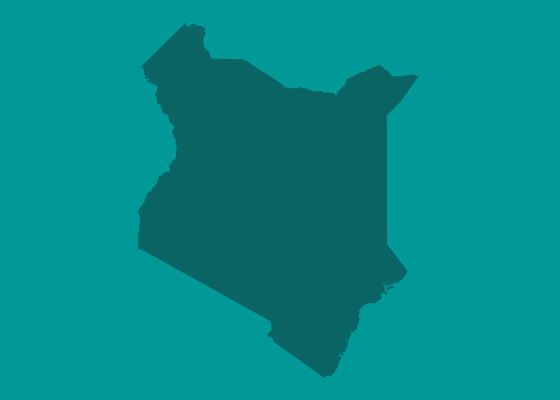
When CCC takes on a project in a remote area like Engos, Kenya, we need to learn about the indigenous people who will constitute our patient population. The roughly 900,000 Maasai (who speak Maa as well as some Swahili and English) are pastoralists whose livelihood depends primarily on owning and herding cattle.HistoryThe Maasai migrated south from the Sudan and northern Kenya in the 15th century, once roaming over the entire Great Rift Valley. Today the Maasai people are concentrated in southern Kenya and northern Tanzania.The late 19th century was a very difficult time for the Maasai. Epidemics of the disease of rinderpest (since eradicated) killed 50-90 percent of their cattle. Total drought in 1897-98 brought starvation with an estimated two-thirds of the population dying. Adding to that, British colonial authorities took Maasai grazing land for settler ranches, wildlife reserves and national parks. Former Maasai territory now makes up East Africa’s best game parks.Maasai AdaptationThe Maasai today are a people in transition. The pastoralists maintain certain customs such as male circumcision as the pathway to warrior status. Female circumcision is prevalent as well, even though it is illegal in both Kenya and Tanzania. Limitations on grazing and privatization of land have forced many Maasai to turn to cultivation of maize and other crops for food.To participate in monetary economies, the Maasai have turned to trading cattle and selling traditional medicines. A small portion of the Maasai has moved to urban areas to take up positions in commerce and government.Health IssuesBecause many Maasai maintain pastoral lifestyles, they often lack access to modern health care. Many of the women patients that CCC will examine may never have had a gynecological exam.CCC will be working out of Engos Clinic, a self-sustaining clinic run by African Mission Services, an NGO established in 1999 to implement development projects in the Mara. These include medical services for rural Maasai villagers.It is CCC’s goal to train local nurses and workers in See and Treat procedures. CCC will also donate enough cryotherapy equipment to allow the CCC clinic, working with Engos facility, to offer See and Treat to the Maasai women in an ongoing, sustainable way.
